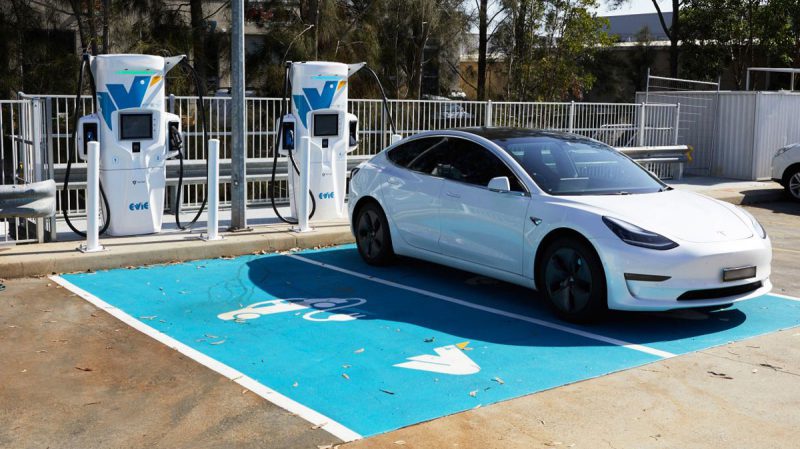Brisbane is ditching the ill-fated CityCycle program, which has been draining city funds, in favour of electric bikes.
From mid-2021, 2,000 electric bikes will be made available to Brisbane residents as part of the city’s plan to encourage more use of active transport.
The city already has 1,000 electric scooters available for use under hire programs run by Neuron and Lime, under contracts through to 2022.
The introduction of the 2,000 e-bikes replaces the CityCycle program which was originally embraced by Brisbane city residents, but more recently has seen a lull in rider use.
Started 10 years ago under a 20-year operating contract with advertising company JCDecaux, it was touted as “cost-neutral” by then mayor Campbell Newman, to be funded through revenue from the French advertising firm’s street furniture and signs. However it instead ran at a loss to the tune of $16 million.
Public and active transport chair, councillor Ryan Murphy, said in a statement that electric micro-mobility is instead being embraced by the city.
“It has been 10 years since the introduction of CityCycle and residents have been moving away from pedal power in favour of electric for many years now,” Murphy said in a statement.
“We want more people to be getting out of their car and using active transport and the introduction of e-scooters has shown us people love e-wheeling and want more of it.”
“Brisbane has embraced the CityCycle scheme over the past 10 years, but with ridership declining since November 2018, a decision needed to be made over the scheme’s future,” he said.
“The reality is that CityCycle is not as popular as it used to be, and COVID-19 has seen numbers reduced further. Today there are five trips being taken on an e-scooter for every trip on a CityCycle.”
The CityCycle program will be phased out from February 2021 at no cost to ratepayers, with an overlap between that and the e-bike program until the end of 2021.
The city is currently taking applications for tenders from e-mobility providers, which will be offered under one year terms for a maximum of three years. Two contracts will be offered to maintain competition as with the e-scooter scheme.
Murphy says that transitioning Brisbane’s public personal transport schemes to electric mobility will maintain its position as a “world-class” leader in e-mobility.
“We have been looking to electrify the bike hire scheme for many years now, and I’m so pleased the timing is now right to take these steps and deliver a great scheme for residents and a fantastic outcome for ratepayers,” said Murphy.
“The e-mobility tender will open in December and be for an initial term of one year with options to extend for additional periods, with a maximum of three years.
“Strong consideration will be given to safety features like helmet-lock systems and suitable deployment, maintenance, charging and parking arrangements.”
As the CityCycle scheme is phased out over the next 12 months, Brisbane city council will offer a number of the CityCycle bikes and helmets to residents as part of its plan to continue encouraging active transport throughout Brisbane.
JCDecaux plans to recycle the rest of components including stations, racks and bikes.
“We don’t care if it’s a pedal-powered bike, electric scooter or bike, skateboard or good old-fashioned walking. Every single trip taken out of a car means less congestion in Brisbane and a more active and sustainable city,” said Murphy.

Bridie Schmidt is associate editor for The Driven, sister site of Renew Economy. She has been writing about electric vehicles since 2018, and has a keen interest in the role that zero-emissions transport has to play in sustainability. She has participated in podcasts such as Download This Show with Marc Fennell and Shirtloads of Science with Karl Kruszelnicki and is co-organiser of the Northern Rivers Electric Vehicle Forum. Bridie also owns a Tesla Model Y and has it available for hire on evee.com.au.


